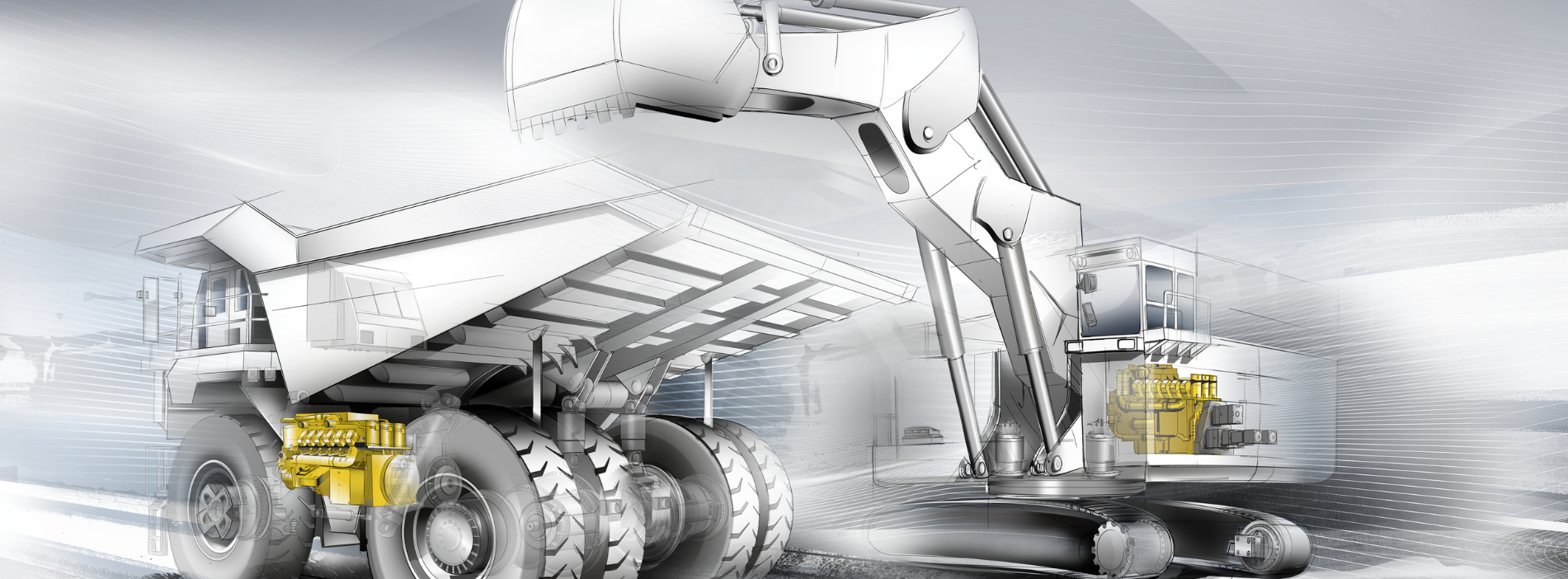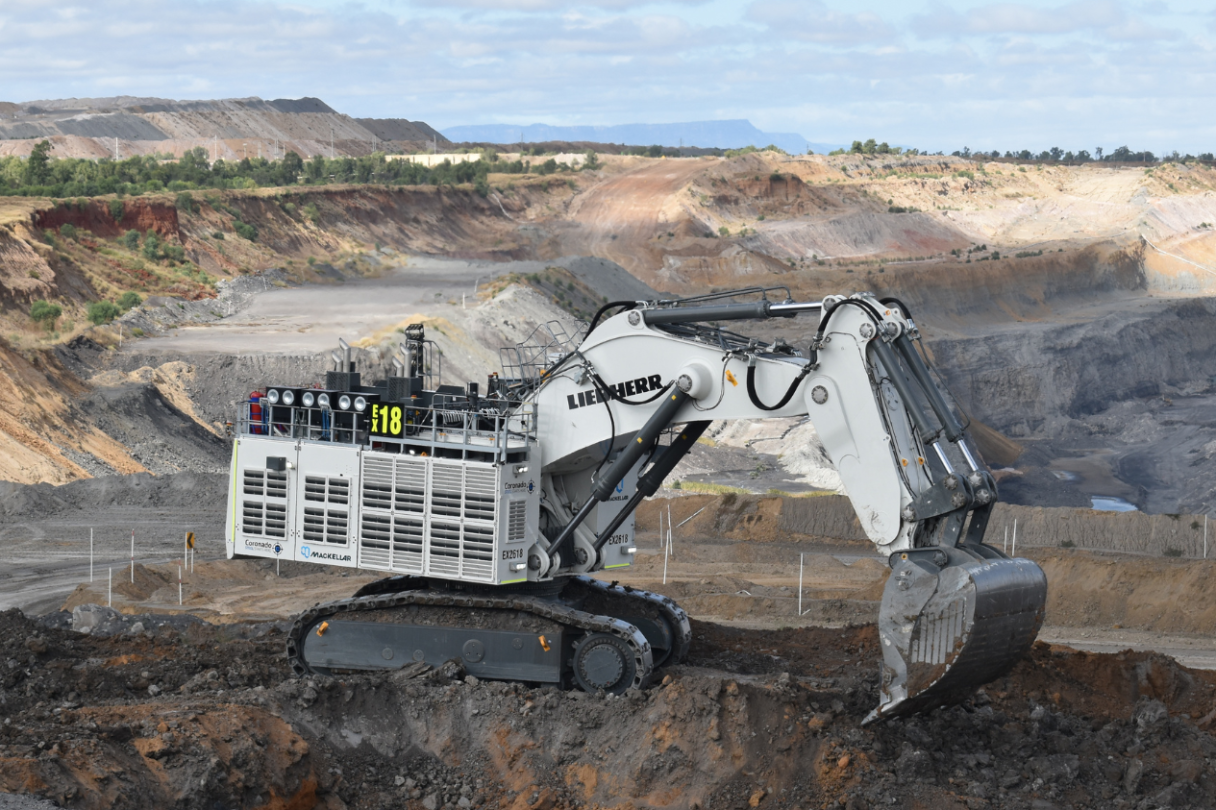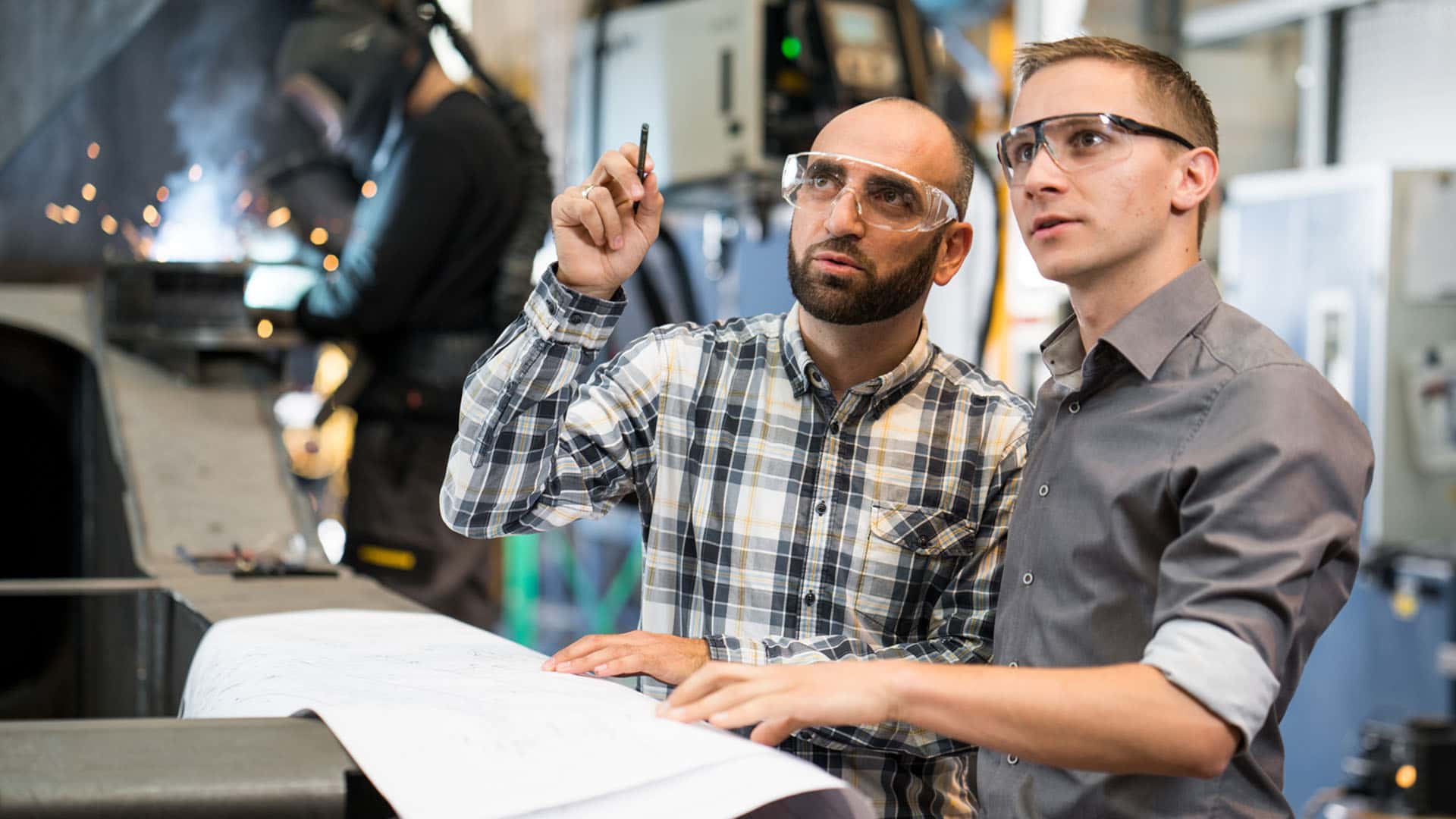 Mining
Mining
Powering the future with Liebherr’s D98 engines
In recent years, Liebherr Mining has begun integrating its D98 series of internal combustion engines into its excavators and trucks in new markets all over the world – both at first fit and as repower projects. Incorporating these engines into Liebherr machines is part of Liebherr’s international strategy to equip its product range with its own high-performance components.
One of Liebherr’s core values as a company is to ensure that every product or service a customer receives is of the highest quality possible. The inclusion of Liebherr componentry in its own machines means customers can be certain that the entire machine meets Liebherr’s strict safety, performance, and reliability standards.
Simplifying customer service
Liebherr’s design philosophy also eliminates the need for customers to manage a number of different suppliers with different points of contact and different quality management systems when equipment support is needed.
“Installing the D98 engines into our equipment provides customers with a one-stop shop for their support needs,” explains Steffen Apel, Key Account Manager, combustion engines, Liebherr-Components AG, Switzerland. “When customers need assistance, they can contact Liebherr for all of their technical and maintenance support.”
Another advantage of the D98 series engine is that multiple payload classes of Liebherr equipment can be covered by one engine. The 12-cylinder engine of the series – the D9812 – can be used in the R 9400, R 9600, and R 9800 excavators as well as the T 264 haul truck. Meanwhile, the 16-cylinder engine – the D9816 – is compatible with the T 274, and T 284 trucks. Ensuring that a range of Liebherr equipment can use the same engine model provides a number of important advantages for customers.
“The D98 series was developed as a platform concept,” says Apel. “Because of this, not only can each engine be easily configured to the machine it’ll be used in, but the D9812 and D9816 engines have a lot of components in common, which helps in reducing spare parts inventory.”
Reducing emissions with internal combustion engines
Liebherr’s D98 engines were designed to meet EPA Tier 4 final regulations. This was achieved by ensuring that the engines included selective catalytic reduction (SCR) technology to minimise the amount of nitrogen oxides (NOx) emitted. NOx are a critical component of smog and can damage both vegetation and the human respiratory system. A chemical reaction within the SCR system transforms the harmful NOx into a mixture of nitrogen, water, and minute traces of CO2, decreasing the amount of NOx emissions to near-zero levels.
Further, thanks to the large engine displacement of the D98 series, these engines can be powered by alternative fuels such as hydrotreated vegetable oil (HVO) or up to 10% biodiesel, without the engines needing costly modifications. Using these fuels can help mines to reduce their greenhouse gas, nitrogen oxides, and soot particulate emissions without suffering any engine power loss.
Tough enough to rough it
Liebherr has more than 40 years’ experience in manufacturing engines for its products. The components product segment of the Liebherr Group has been building engines for the wider Liebherr company since the early 1980s, with the first six-cylinder in-line diesel engine produced in 1984.
Liebherr-Components AG used its wealth of experience to make small but incredibly impactful changes to the base design of its engines to ensure that the D98 series would perform well and be as reliable as possible on site.
“From the very beginning, the D98 series was developed to fulfil the requirements of mining applications,” explains Apel. “To best ensure this, the field validation of these engines was managed in close collaboration with our mining product segment’s factories, its affiliates, and its customers.”
The design of the D98 series includes details like additional support bearings to reduce vibrations and an improved oil and cooling system so that the engines can better withstand the rough terrain and extreme temperatures often found on a mine site.
How do internal combustion engines fit into a zero emission future?
Internal combustion engines powered with sustainable fuels will play a critical role in decarbonising the mining industry. They are a proven solution that continue to offer customers full mobility and flexibility on site, such as with current diesel-electric drive machines. Future generations of internal combustion engines can be adapted to work with renewable fuel sources such as ammonia, methanol, and hydrogen. Liebherr is currently working towards offering these alternatives to customers as they provide a strong alternative to electrification. There will be customers for whom electrification is not an option – for reasons such as the location of their mine, the cost of electrification technology in their region, or some distinct operational constraints. As such, internal combustion engines that can run on renewable fuel sources will help more customers to be able to decarbonise their operations.
Around the world
In 2019, a customer in Western Australia received the first Liebherr machine with a D98 engine – an R 9400 excavator. Since that time, the presence of D98 engines has expanded across multiple mine sites and different countries. The amount of these engines entering the market continues to grow, with both new Liebherr mining machines being commissioned with D98 engines and the number of repower projects increasing globally.
Australia
Australia currently has the largest concentration of Liebherr mining machines equipped with D98 series engines. Besides the R 9400 in Western Australia, there are multiple machines with D98 engines working for customers across the country. An R 9400 in New South Wales became the first Liebherr machine on the east coast to be powered by a D98 series engine. In Queensland there is an R 9600 – commissioned in June 2023 – that is loading overburden for a metallurgical coal mine. There is also a T 264 haul truck located at a different site that has been equipped with one of the D98 series engines.
“Our customers in Australia have witnessed remarkable onsite results – including reduced fuel consumption and heightened productivity – that can all be attributed to the outstanding performance of Liebherr D98 series engines,” says Evan Wade, Technical Support Advisor, Liebherr-Australia Pty. Ltd. “Adopting a single standard engine family enhances serviceability, leading to increased maintenance efficiency, and a much easier local rebuild in country. And by providing customers with a unified point of contact for maintenance concerns, we can deliver faster response times and unparalleled support in the field."

The first R 9600 excavator fitted with D9812 engines handed over to MacKellar Group in June 2023.
Canada
In late 2023, Liebherr-Canada Ltd. will deliver the world’s first Tier 4 final rated D9816 engine to one of its valued mining customers in the Fort McKay region. The engine will be repowered into a T 284 truck that is also equipped with Liebherr's Arctic kit as the machine operates in temperatures as low as −40°C. This decision was made so that Liebherr-Canada Ltd. can offer the customer a higher level of support and greater benefits by fully integrating Liebherr power and drive systems into the truck.
“This project demonstrates the real-world application of Liebherr’s modular design philosophy for its mining equipment by taking a conventionally powered truck and upgrading it to a current, more stringent emission standard, while also incorporating the latest internal combustion technology Liebherr has to offer,” says Tom Juric, Divisional Director, Mining, Liebherr-Canada Ltd.
Panama
Liebherr Panama S.A. has successfully repowered two T 284 trucks with D9816 engines: one was completed in May 2023 and the other in August of the same year. These are the first Liebherr machines in Central America to be fitted with Liebherr’s D98 series engines. These trucks carry both ore and waste material to either the crusher or the dump pile, depending on their load. The customer has also confirmed the repower of a third truck, which will likely take place in Q1 of 2024.
"Due to both our established partnership with our customer and the proven performance of our D98 engines during field testing, our customer had expressed interest in working with these products for quite some time. Especially as the customer has been running a number of R 9100 excavators with Liebherr’s D9512 engines since 2015 and has been impressed with the performance of these, as well as the support received from Liebherr,” says Wendel Petersen, Operational Manager, Liebherr Panama S.A.
“After an intensive year of preparation for the D98 engines – which included providing advanced theoretical and hands-on training to our workforce – we were satisfied that we were fully ready to face any surprise once the customer’s first D98 engine went to work,” continues Petersen. “With an order received for a third repower, we are confident that this will lead to more repowers in the medium term.”
South Africa
In 2024, a major mining company operating in South Africa is set to become the first recipient of an R 9400 mining excavator fitted with a Liebherr D9812 engine in Africa.
“After more than 18 months of discussions, the client has committed to ordering the first mining excavator to be fitted with a Liebherr engine,” explains Pierre Berrange, Head of Sales, Mining, Liebherr-Africa (Pty) Ltd. “We are excited to partner with such a major mining company for this milestone deal in our market.”
The customer will further benefit from a reliable aftermarket package from Liebherr-Africa (Pty) Ltd., which includes a team of trained service technicians well-versed with Liebherr componentry as well as a local centre of excellence for the rebuild of these engines that supports South Africa and surrounding countries.
“For this particular deal, there will be two technicians based on the customer’s site to ensure that the machine is maintained according to OEM standards, thus maximising equipment uptime. Our Kathu branch will further provide all the necessary parts, support, and services,” concludes Berrange.


